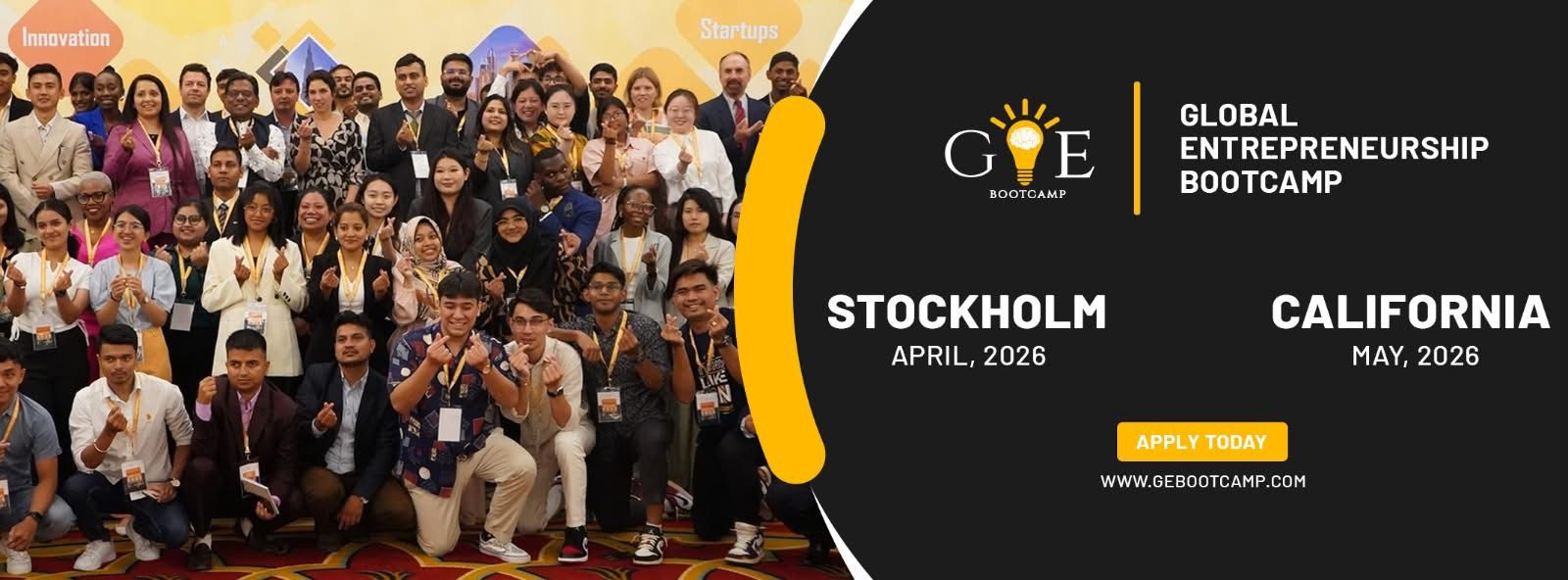
African Doctoral Dissertation Research Fellowship Program 2020
Details
Applications call for African Doctoral Dissertation Research Fellowship Program 2020. Fellowship for Policy, Practice, and Solutions: MSc and Ph.D. Research Fellowship Opportunities in Sanitation and Fecal Waste Management in East Africa.
Summary
APHRC is pleased to announce a call for applications to support Master’s and Ph.D. students in institutions of higher learning in Kenya, Uganda, and Tanzania to contribute to the evidence generation and knowledge translation in sanitation and Fecal Waste Management in urban areas of East Africa. Through these fellowships, APHRC hopes to build a networked cohort of well-trained scholars able to generate high-quality research and interact with policymakers and practitioners on issues around sanitation management policy and practice, especially on fecal waste management.
Benefits
Each candidate of the African Doctoral Dissertation Research Fellowship Program award will be up to a maximum of USD 12,000 for Master’s students and USD 25,000 for Doctoral students. This amount comprises a completion award of USD 2,000 that is only payable after the successful thesis defense. Applicants can budget for a laptop computer and analytical software (e.g. STATA, SPSS, NVivo, Atlas/ti); research/data collection costs; and participation in one regional or international conference or workshop.
Eligibilities
- Be citizens or permanent residents of Kenya, Uganda, or Tanzania.
- Show evidence of enrollment in a Master’s or Ph.D. program at a university in Kenya, Uganda, or Tanzania.
- Have completed all pre-dissertation requirements; for example, a research concept approved by the Department.
- Provide a detailed timeframe for completing their dissertation which must be endorsed by the Head of Department or the chair of the dissertation committee.
- Show competency and ability to complete their research within 12 months for MSc students and 24 months for Ph.D. students.
- Willingness to dedicate uninterrupted time during the course of the program. Students who are not in full-time employment will have priority
- The fellowship will support original qualitative or quantitative or mixed methods research that addresses a clear research question, employs appropriate and rigorous design, has an urban focus, and has unambiguous national or regional policy and/or programmatic implication(s).
- Candidates must demonstrate an interest in pursuing a research career and dissertations must be sufficiently linked to future research interests.
- At least one of the fellowships will support research to identify innovative approaches for social or technological innovations in the field of sanitation or hygiene.
- Applications from those interested in gender issues, especially the role of women in sanitation and hygiene decision-making and management preferred.
- Candidates should be able to show the link to the policy and identify critical policy-implementation gaps.
Selection Criteria
- Candidate’s scientific background and potential to develop a strong research career.
- Scientific merit of the proposed research project including originality of research question(s); integration of social or technological innovations; clarity and adequacy of the study design; demonstrated knowledge of relevant/current literature; detailed analysis plan; ethical considerations, etc.
- Research environment including commitment of main supervisors and department to facilitate timely completion of the dissertation.
- Candidates are expected to have a supervisor or dissertation committee of persons who fully understand the depth and breadth of sanitation and hygiene issues.
- Well-elaborated statement on the policy relevance of the research.
- Budget summary and justification, including a clear plan to complete the dissertation within the set timelines.
Useful links
- 2020 Call for Applications on Sanitation Policy and Management
- Application Form
- ADDRF Budget Template
- Timeline to Completion
- Tips for preparing your application
Specifications
| Type of Opportunity | Scholarships and Fellowships |
|---|---|
| Deadline | 19 June,2020 |
| Open to | All |
| Organizer | APHRC |
| Contact the organizer | [email protected] |
